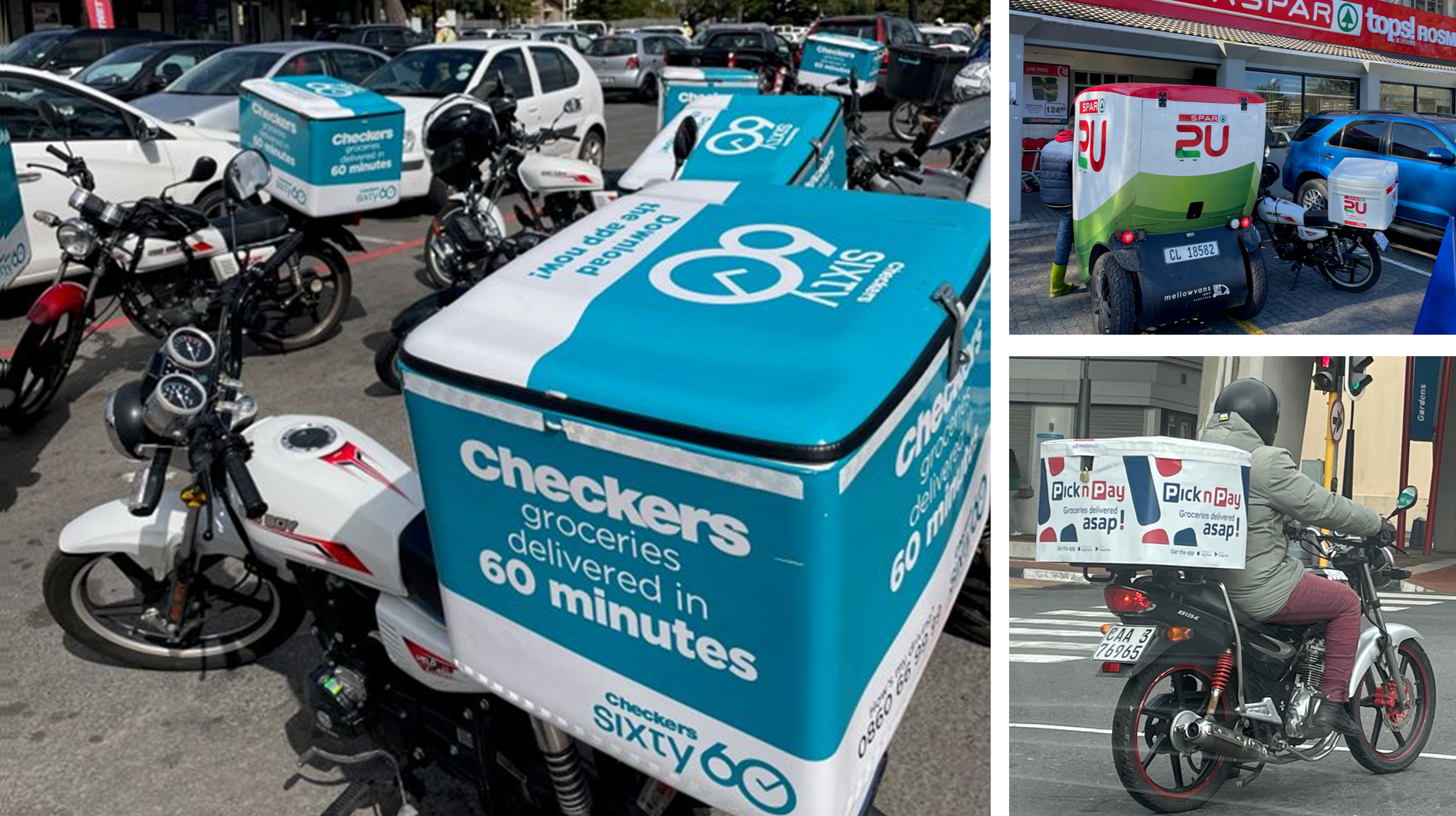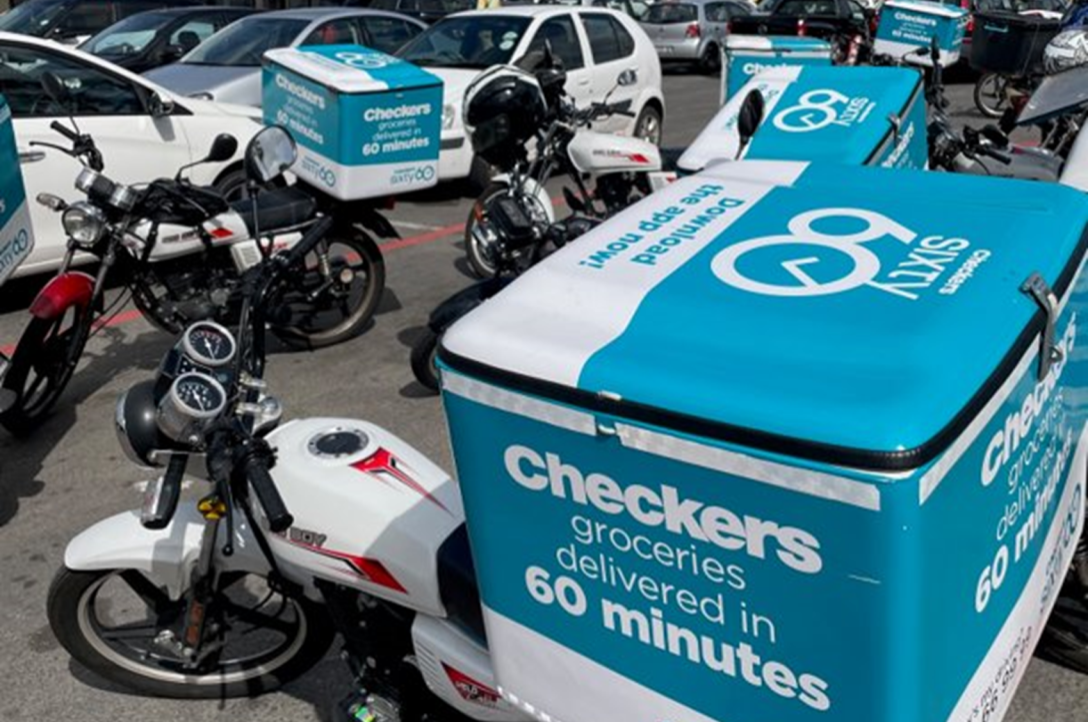The heady days of triple-digit e-commerce growth are over, but the rewards are there for the taking for the savvy e-marketer.
Local e-commerce growth is slowing, which was inevitable considering the huge leaps made during and post-COVID, but the sector is still growing and is driving total retail growth both here and abroad.
Locally, fast-moving consumer goods (FMCG) e-commerce growth specifically is expected to outstrip total e-commerce growth this year for the first time, reflecting the latent power in this important retail niche. Checkers Sixty60 dominates, well ahead of Pick n Pay asap!, which in turn is well ahead of the likes of extensions of existing retailers like the Woolies app (which now incorporates Dash), SPAR2U and Dis-Chem’s DeliverD, as well as super apps like VodaPay and Nedbank’s avo, and digitally-native competitors like Zulzi, YeboFresh and OneCart.

In this increasingly cluttered space, new entrants include Yassir and SolShop, each banking on a different strategy. Yassir launched in South Africa off the back of presence in North African countries. SolShop is attempting to combine the respective strengths of e-commerce and group buying through their app. Both are expanding, but still restricted to Gauteng.
Does the local market really have legs, though?
Yes – positive market projections are supported by shopper feedback. Trade Intelligence conducted an online survey in June among over 800 online grocery shoppers and 11% of them had only started shopping online this year. Out of all the online grocery shoppers, 73% said they planned to shop online more often in the future (as opposed to less often or the same amount). Interestingly, this number was higher among online grocery shoppers than among all online shoppers, again reinforcing the power of the online grocery sector.
FMCG e-commerce is, however, certainly not immune to the financial pressures being felt by shoppers – when it comes to finding specific grocery products online or on an app, more shoppers are scanning the specials than searching either for a product or brand. This search for value is not limited to actual prices though – affordable delivery fees are also a must. Online grocery shoppers also prioritise (and expect) convenience – in terms of ease of payment and ease of finding what they’re looking for; and a positive shopping experience – including the app simply being easy to use.
Online retailers and brands that can collaborate to meet these shopper needs will be the ones that have their growth targets… delivered.
For more about the South African e-commerce market, see Trade Intelligence’s 2023 E-Commerce Channel report which covers the latest trends in local FMCG e-commerce and the key players and strategies driving them.
About Trade Intelligence
Trade Intelligence is South Africa’s leading source of consumer goods retail research, insights and capability-building solutions, focusing on the industry’s corporate and independent retailers and wholesalers. We are the trusted voice of the sectors in which we operate, aggregating information to amplify knowledge, grow capability, and enable collaboration that drives profitable trading relationships and sustainable sector growth.


